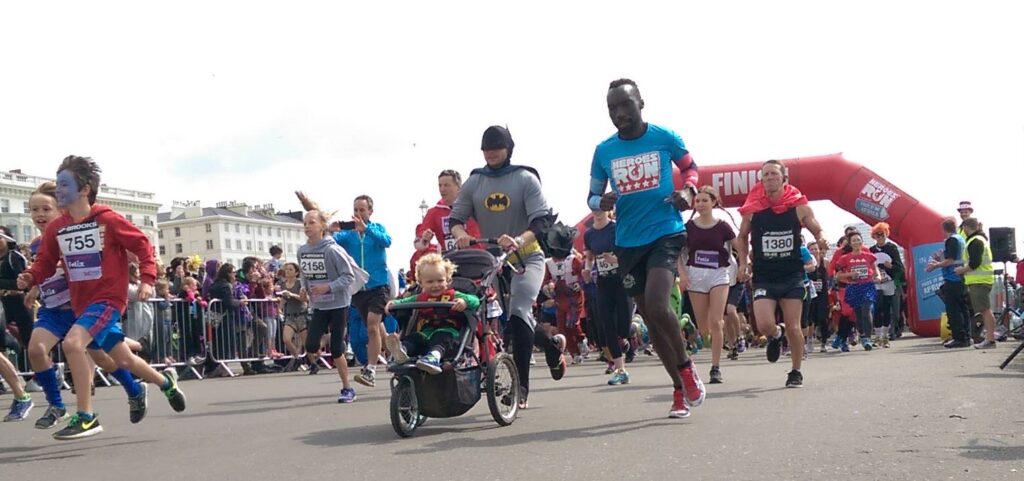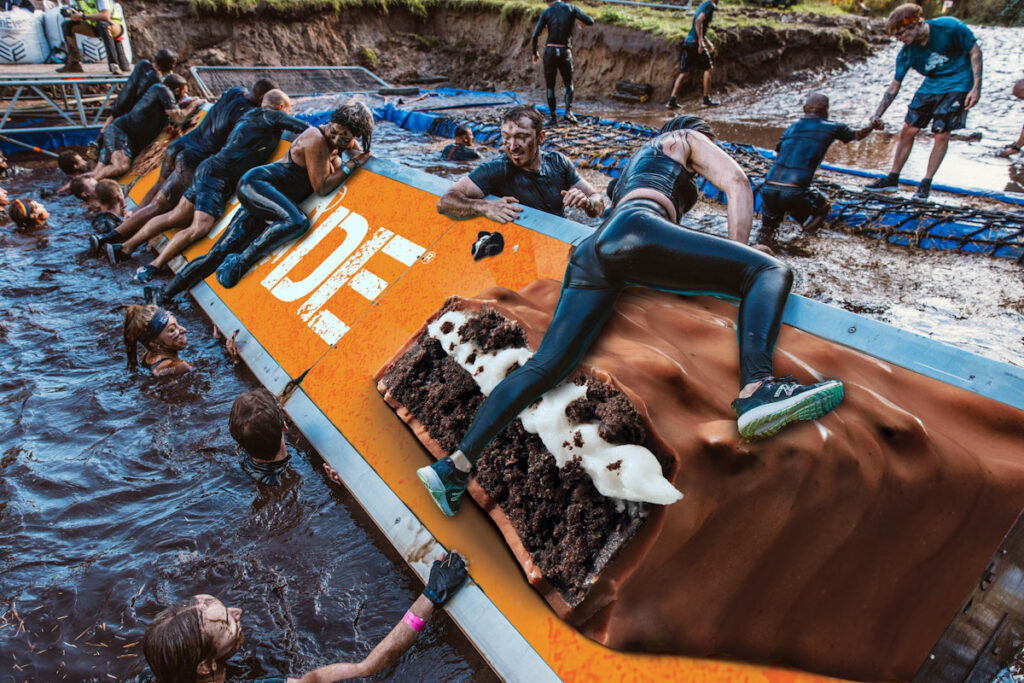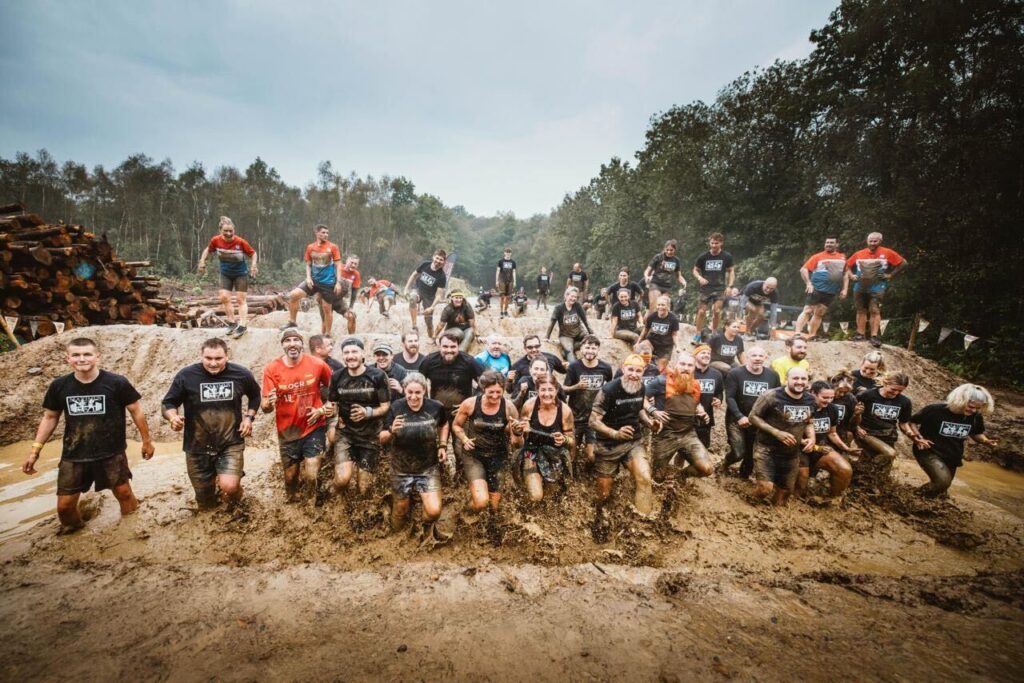Life is good. No, life is great!!! I say that as I sit here, outside one of those pretentious micro-brewery pubs, pint in hand (well, on the table) and bathed in glorious sunshine. I got married 5 weeks ago to the most incredible woman and I have an 8-year-old son who is everything I could dream of in a kid. I own a home that I’m (failing at) renovating. I have a career that I never thought I’d have and on a regular basis, I have meaningful conversations with people who feel I can help and support them to become better – both physically and mentally. I really am lucky in so many ways and before I start this blog about World Suicide Prevention Day properly, I will say this: I am thankful each and every day for each and every thing, person and experience I have.
You see, I say all of the above whilst I sit here feeling a little bit fraudulent: I’m preparing to write something that I hope is meaningful and ‘from the heart’, about World Suicide Prevention Day. I’ve committed hundreds and hundreds of hours in the last 19 years to this case – it means the world to me. Suicide changed my life and if I can do anything for anyone that raises awareness of the catastrophic consequences of suicide, then I will. I’ve learned a lot over the years about mental health, coping with loss and striving to survive. On the face of it, sometimes that’s all we can hope to do – survive. It sounds bleak, but if we survive one day, we may thrive the next. As a bare minimum, what we want to do with World Suicide Prevention Day is exactly that – prevent suicide. We want to empower people to choose not to die and instead believe that they should, can and WILL carry on!
My Loss
I lost my dad in 2003. Depression finally got him and after years of struggling, he decided that not being here was better than being here. Sadly, it wasn’t a shock. It wasn’t his first attempt by any stretch and his demons won the battle despite an army of people being on his side. It’s safe to say that day changed me and changed the course of my life. If somebody chooses to die, the buck doesn’t stop with them – those left behind still feel the hurt, the loss, the guilt for a long time after. Everybody who has lost someone to suicide will deal with it differently and I really don’t believe there is a right way or a wrong way to deal with it – all I hope is that those people get all the support they ever need to get over it. Without support, it’s hard to deal with the thoughts we inevitably have that someone decided not to be here despite the fact we told them we loved them over and over and over again.
My way of dealing with the loss of my dad was exercise. Specifically, running. The summer after Dad died, I got a job as a park ranger at a local nature reserve during my university holidays. It was 2004 – the year of the Athens Olympics. I used to skive the job to watch the athletics and remember so vividly watching Paula Radcliffe pull out of the Marathon. She failed to finish and as she sat at the side of the road crying, so did I. I had this outpouring of emotion and it really affected me. I paid a visit to my dad’s grave that evening, as I did most days, but this time it was slightly different – I had ‘run’ there. I say run… A chubby kid in board shorts and skate shoes had sort of shuffled his way for a mile. But something sparked inside of me and that experience changed my life. By the end of that summer I could run 5k non-stop and my outlook had changed.

How I Dealt With It
From there it was all downhill. Or uphill. Or whichever hill I chose next. Running became a therapy for me. It did amazing things. I lost some weight. I got faster. But they were just the physical things. What running did for my brain is almost unexplainable. I realised that running gave me so many options. I could plod along so slowly but feel like I could go on forever – entering some sort of weird transcendental state where my brain totally switched off. I could run hard – so hard that I wanted to vom or so I could taste blood in the back of my throat. I could think or not think. I could process what had happened in the last year and not have any judgement. Frankly, I could cry and nobody would know. And boy did I do some crying whilst I was out on those runs. And every run seemed to make me feel just a fraction better.
I did my first marathon about 4 years after my dad died. My first ultra-marathon shortly after that. I’ve run 52 marathons in a year. I’ve run all the way from Paris to London (164 miles, since you ask). And my greatest achievement so far? The first time I ever ran 20 minutes without stopping. The elation I felt that day is something I’ll never forget. After the 52 marathons, I qualified as a personal trainer.
I started volunteering with the mental health charity Mind and I’ve developed quite a nice little niche where I specialise in training people who have mental health conditions, or who are carers for people with mental health conditions. Sadly (and I truly mean this), it’s a big market – there’s no shortage of people to work with. Mental health problems affect 1 in 4 of us. Suicide is the biggest killer of men under 50. It’s frightening to think that if we had a minute’s silence for every suicide in the UK in the last recorded year, we’d remain silent for 3 days, 22 hours and 51 minutes.
Let’s Help Each Other
I’ve seen first-hand just what exercise can do to help people who are struggling. It can add value to life, it can take our mind off things, give us goals to achieve and provide us with friends and support networks that we might not otherwise access. In many ways, exercise is just a vehicle to promoting a more positive outlook.
Preventing suicide isn’t about a single day. It’s not about pulling someone from a dangerous situation and being heroic enough to place yourself in danger to stop somebody from dying on one occasion. Preventing suicide is about educating people from a young age that there are not only other options, but other opportunities… Things can and do get better. Not being here anymore stops you from ever seeing that future. Having the confidence to say to ‘are you ok’ to someone is often all it takes to make them feel seen and valued enough to stick around a little longer!
Imagine that: being in a position where you can’t see the future looking good. For all my achievements in life, for every success I have had, there has been one thing missing. Not once have I had the feeling of my dad’s hand on my shoulder and his voice in my hear saying ‘bloody hell son, you’ve done well there’. It doesn’t matter if that’s my wife, my son, my marathons, my job or the people I’ve helped along the way – he’s not seen any of them. What he has done, though, is provide me with the energy and drive to show him what he’s missed and more importantly to show others who are questioning their existence of what they may miss out on if they consider not being here any more. If I have to suffer the pain that suicide brings, I promise I’m going to do everything in my power to at least add the smallest bit of value to my loss. There is always a future.
Kevin Betts is a Director at Run Things. Run Things focuses on the relationship between mental and physical health to positively impact people’s lives. Among other things, Run Things has a virtual running club that is inclusive, welcoming and open to all. They currently have over 700 members worldwide. You can find out more at www.runthings.co.uk/run-club




